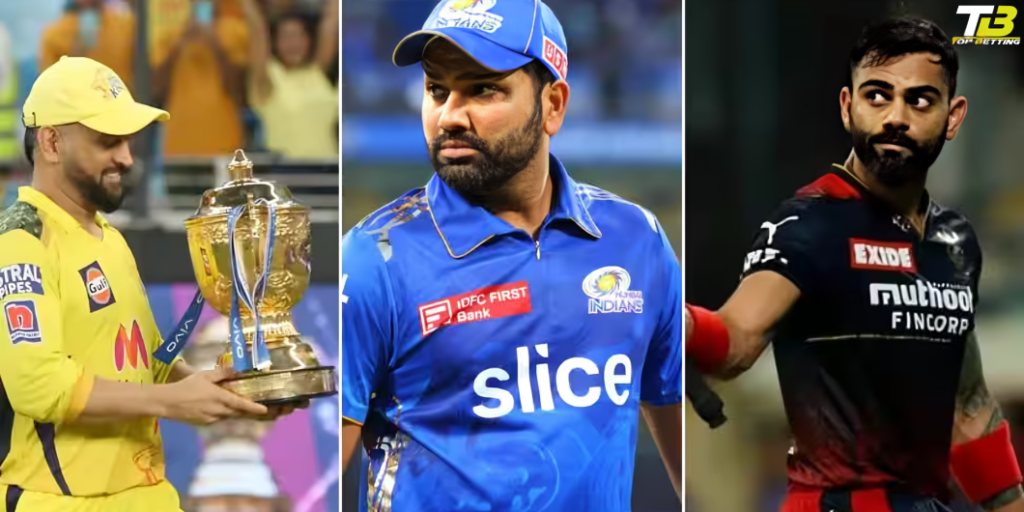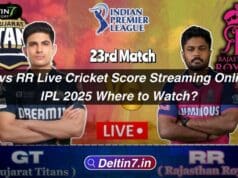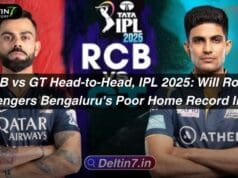
No Dhoni Rohit or Kohli at photoshoot
The Indian Premier League (IPL) has always been more than just a cricket tournament. It’s a spectacle that brings together the finest talents from around the globe, showcasing thrilling encounters and creating unforgettable memories. However, as we venture into the 2024 season, the league finds itself at a significant crossroads. The departure of MS Dhoni from the captaincy of Chennai Super Kings signals not just the end of an illustrious chapter but also marks a generational shift that’s set to redefine the leadership landscape of the tournament.
Captain’s Photograph without Dhoni, Kohli, and Rohit:
In a moment that signified a significant shift in the landscape of Indian Premier League (IPL) leadership, fans witnessed a historic event earlier today—the first-ever IPL captains’ photograph without the iconic trio of Virat Kohli, Rohit Sharma, and MS Dhoni. This marked a notable transition in the league’s storied journey, underscoring the generational change that has been underway. Adding to the surprise and symbolizing the new era was Ruturaj Gaikwad stepping up as captain, showcasing the emergence of fresh faces in leadership roles within the league. This development not only excited fans but also highlighted the evolving dynamics and the ushering in of a new chapter in IPL’s history.
The Dawn of a New Era
MS Dhoni, a name synonymous with leadership excellence in cricket, has captained the Chennai Super Kings in an astounding 226 matches. His strategic acumen and unflappable demeanor have been pivotal in scripting some of the most memorable victories in IPL history. With Dhoni stepping down, the baton of experience is now handed over to Shreyas Iyer, a dynamic and astute leader who has quickly risen through the ranks to become the most seasoned captain in the upcoming IPL season.
Iyer, who has led both the Delhi Capitals and Kolkata Knight Riders, boasts a captaincy record in 55 matches. His journey at the helm began in 2018, and despite a setback due to a back injury last season, his leadership qualities remain undisputed. Close on his heels is KL Rahul, with 51 matches under his belt, followed by Sanju Samson, who has led in 45 matches since 2021.
The shift is more pronounced as Rohit Sharma, who would have been the most experienced captain this year with 158 matches, steps aside, passing the leadership mantle to Hardik Pandya at Mumbai Indians. Pandya, though relatively new to captaincy with 31 games, has shown promise and is seen as a part of the new leadership wave in the league.
Understanding the Shift
This generational change isn’t just about numbers. It represents a deeper evolution within the IPL and the sport itself. The pioneers like Dhoni, Gautam Gambhir, and Virat Kohli had to transition from the traditional formats to the whirlwind nature of T20 cricket. In contrast, the new brigade, including Iyer, Rahul, and Samson, have been bred in the T20 milieu, understanding its nuances from a young age.
Venky Mysore, a seasoned figure in the IPL circuit, emphasizes this transition, noting how the newer captains have grown up with T20 cricket, bringing fresh perspectives and innovative strategies to the table. This isn’t just about individual brilliance but a collective evolution of the game, where adaptability and innovation take center stage.
IPL: A Platform for Growth and Excellence

The IPL has always been more than just a cricket league; it’s a phenomenon that has redefined the sport. Its growth over the years, both as a brand and as a competitive platform, is unparalleled. Today, the league stands as a testament to high-quality cricket where the gap between domestic and international players is increasingly narrowing.











